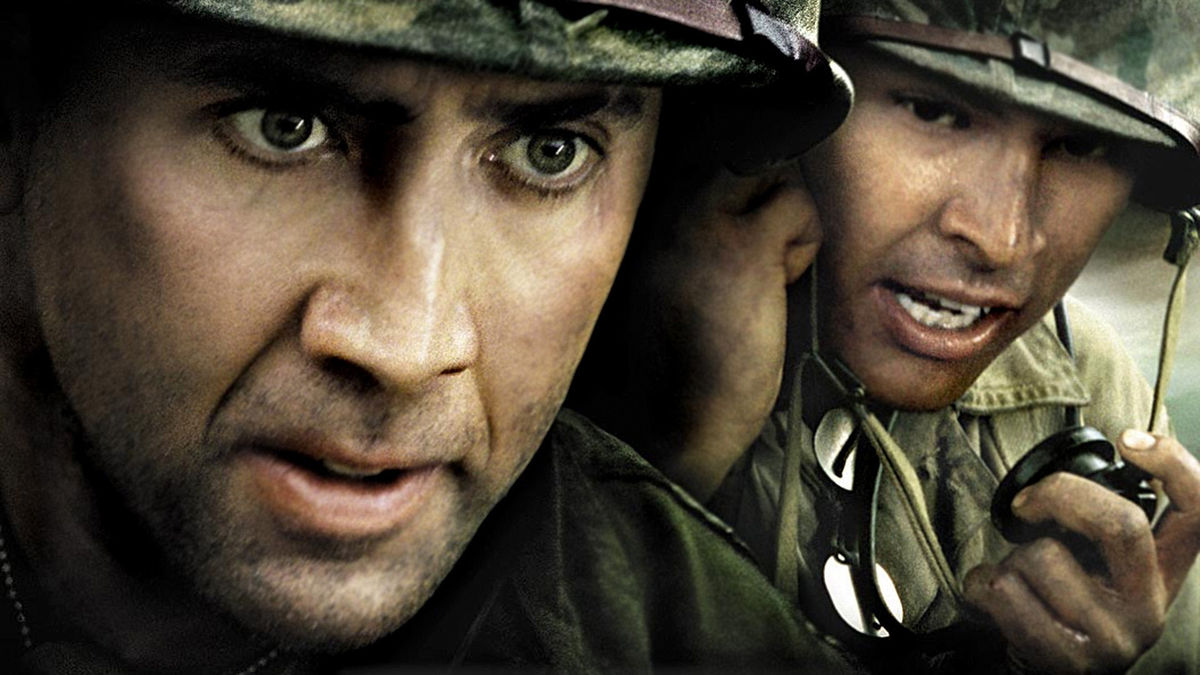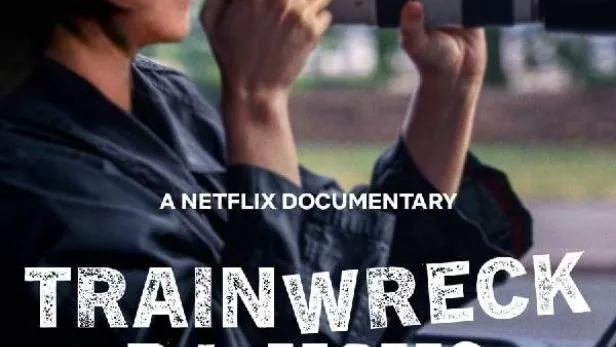They fought for a country that barely knew them — and saved it with a language it never understood.
Windtalkers (2002) is a war drama directed by John Woo that brings to light a rarely told chapter of World War II: the story of the Navajo code talkers. Set during the brutal Pacific campaign, the film blends intense battlefield action with themes of identity, sacrifice, and the deep moral conflict of war.
The story follows Sergeant Joe Enders (Nicolas Cage), a battle-hardened Marine tasked with protecting Private Ben Yahzee (Adam Beach), a Navajo code talker whose mission is to transmit unbreakable codes based on his native language. But there’s a hidden condition to Joe’s assignment — if Yahzee is at risk of being captured, Joe must kill him to protect the code. This harrowing order becomes the emotional core of the film, as trust slowly builds between the two men under impossible circumstances.

While Windtalkers delivers on explosive action — from beach assaults to jungle skirmishes — its real power lies in the quieter moments. Yahzee, proud of his culture and determined to serve, stands as a symbol of dignity in the face of discrimination, even within his own army. Joe, meanwhile, struggles with trauma, guilt, and a growing bond that makes his orders unbearable. Their relationship humanizes a war often told only through strategy and statistics.
Though the film takes dramatic liberties and leans into Hollywood stylization, it serves an important role in highlighting the Navajo code talkers’ contribution to the war effort — a code that was never broken, even by the Japanese intelligence. The supporting cast, including Roger Willie and Christian Slater, adds layers to a narrative driven by brotherhood, duty, and the unspoken cost of obedience.

Windtalkers may be framed as a war movie, but at its heart, it’s about the people inside the uniform — their heritage, their trauma, and their fight to be seen as more than tools of war.
-1754617576-q80.webp)


-1754559843-q80.webp)